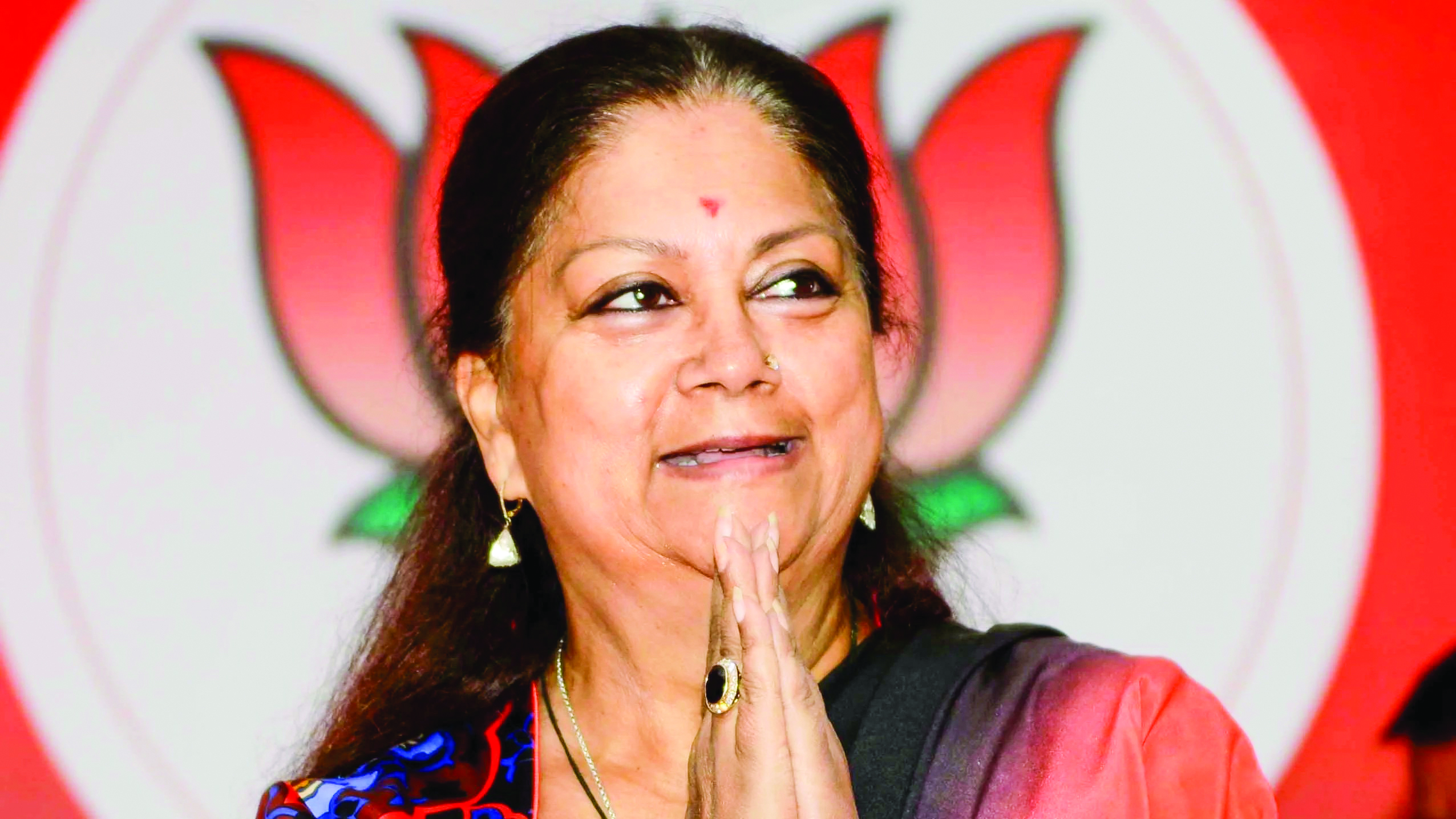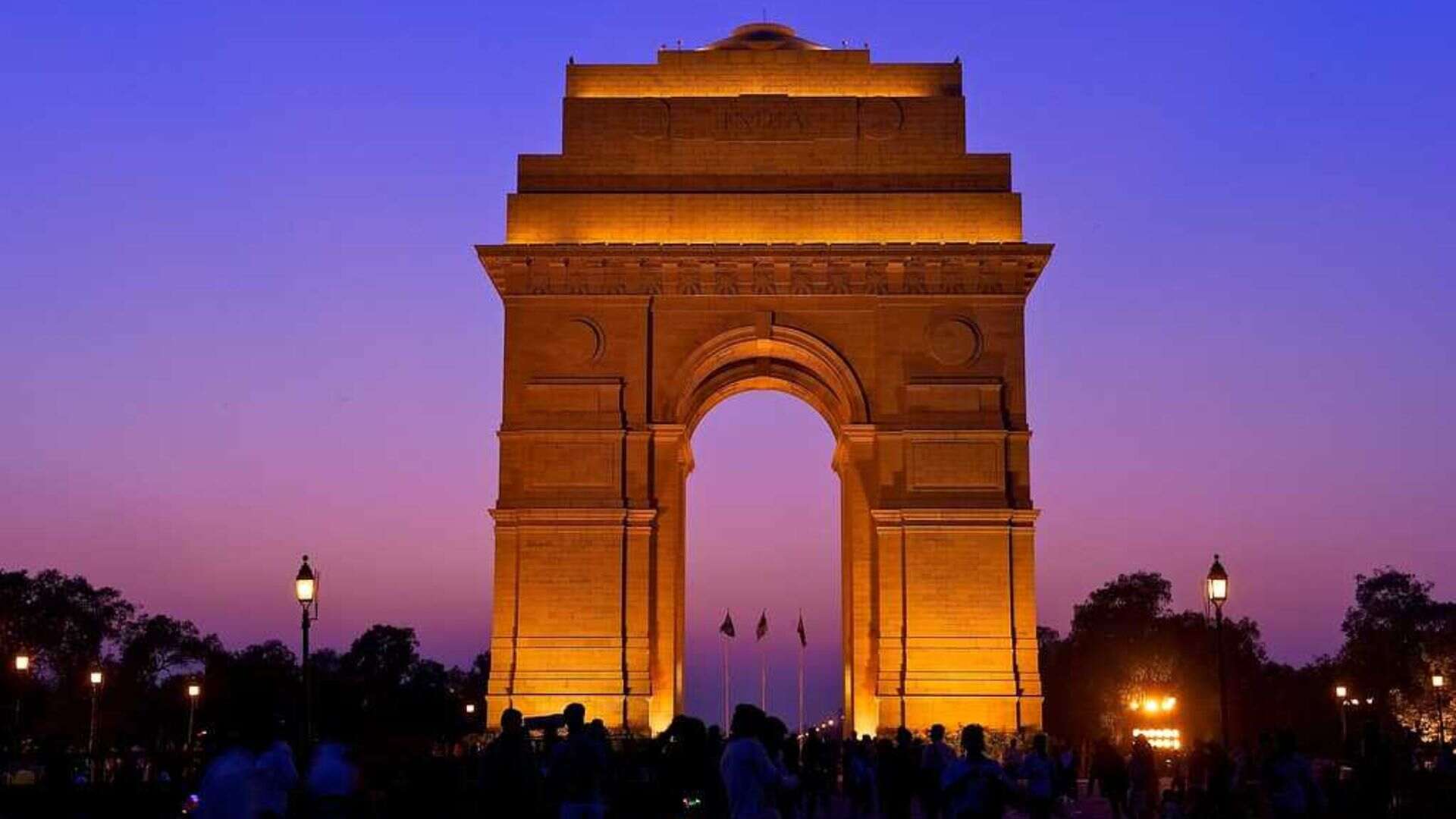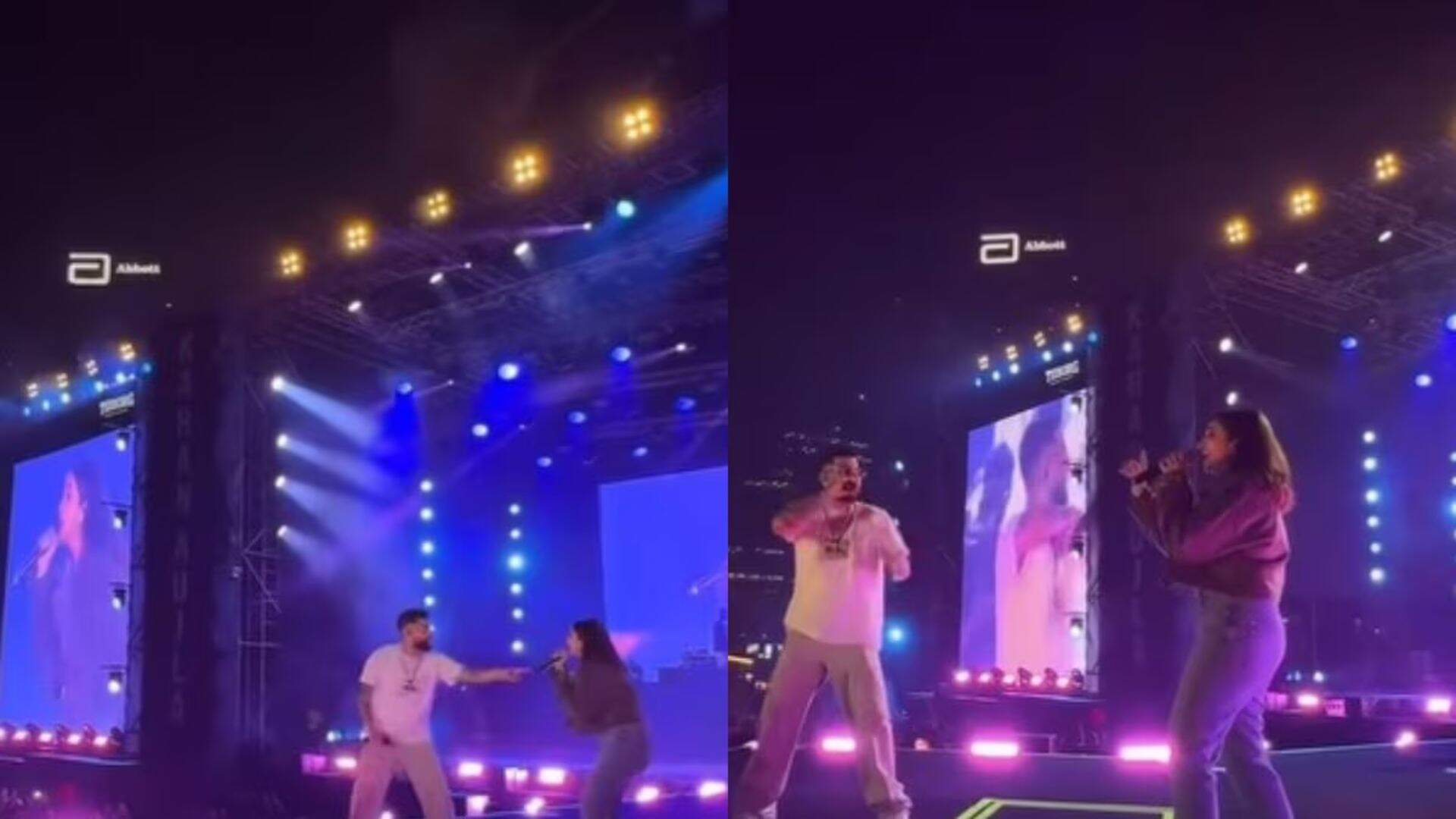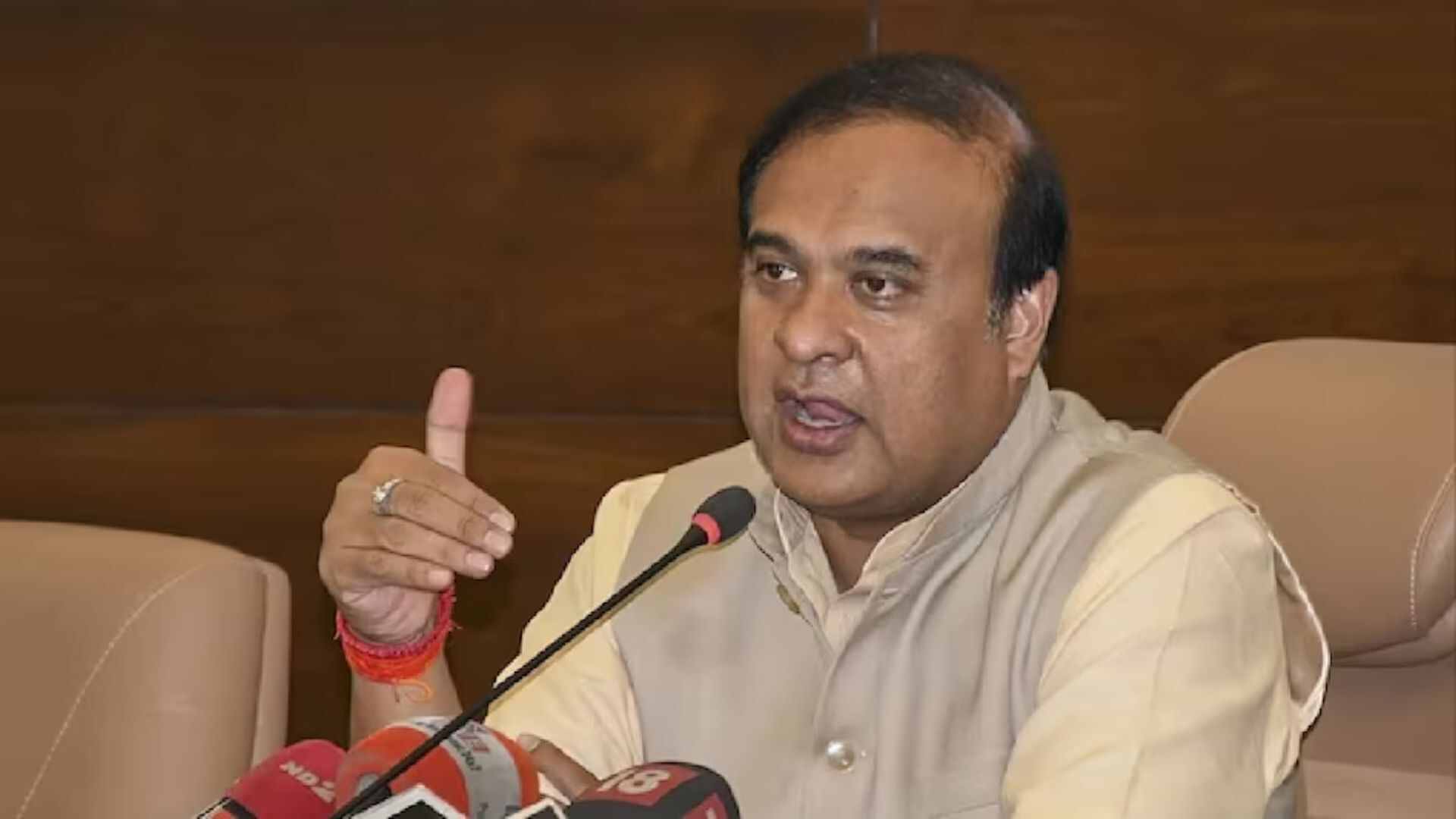Former Chief Minister of Rajasthan and current national vice president of the BJP, Vasundhara Raje Scindia has entered the fray as a potential candidate for the position of national president of the party. Her candidacy is seen as a strategic move to address the complexities of caste politics, particularly in light of the upcoming elections.
As the BJP navigates the complexities of caste politics and gears up for crucial electoral challenges, Vasundhara Raje Scindia emerges as a strong contender for the national presidency. Her leadership has the potential to reinvigorate the party’s strategies while addressing the diverse concerns of its voter base. Speculation is rife in political circles, and as the new year approaches, the ultimate decision will likely have significant implications for the BJP’s future.
With discussions intensifying regarding the appointment of a new BJP president, Raje’s name is gaining traction among party circles. Although the final decision has yet to be made, her inclusion in the conversations surrounding potential candidates reflects her influence and the urgency felt within the party. Union Minister Shivraj Singh Chauhan, Sanjay Joshi, Devendra Fadnavis, and Keshav Prasad Maurya are also prominent names being considered, indicating a competitive race for the leadership role. The current state president, JP Nadda, whose tenure officially ended in June, continues to oversee party responsibilities until a new leader is appointed. The BJP faces immediate challenges with upcoming elections in Haryana, Maharashtra, and Jharkhand, suggesting that the announcement of the new president might be postponed until after these electoral contests. The BJP is acutely aware of the growing significance of caste dynamics in the political landscape, especially with the Lok Sabha elections on the horizon. The party’s recent experiences, particularly in Haryana, underscore the necessity for a leader who can navigate these complexities effectively.
Vasundhara Raje is uniquely positioned to fill this role. As a female leader with deep connections to the Rajput, Jat, and Gurjar communities, she embodies a potential solution to the party’s challenges with these influential voter blocs. Historically, dissatisfaction among Jats has led to electoral setbacks for the BJP in regions like Haryana, Rajasthan, and Uttar Pradesh. Raje’s leadership could prove pivotal in consolidating Jat votes and strengthening the party’s position.
Raje’s rapport with Prime Minister Narendra Modi and RSS chief Mohan Bhagwat enhances her candidacy. Should she be selected, it would not only fortify her standing within Rajasthan but also empower the current state leadership, including Chief Minister Bhajanlal Sharma and State President Madan Rathore. This collaborative dynamic could yield a more robust BJP in both state and national arenas.







